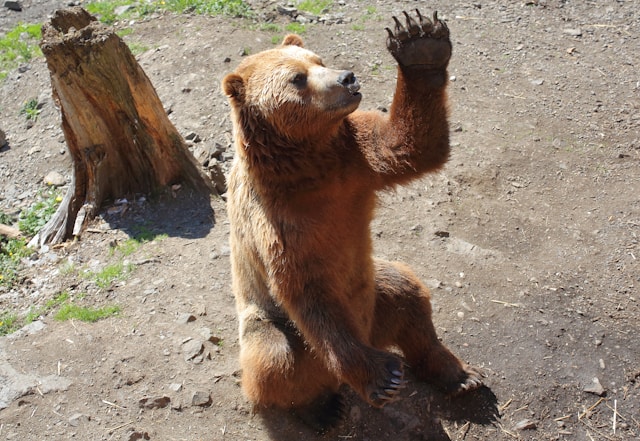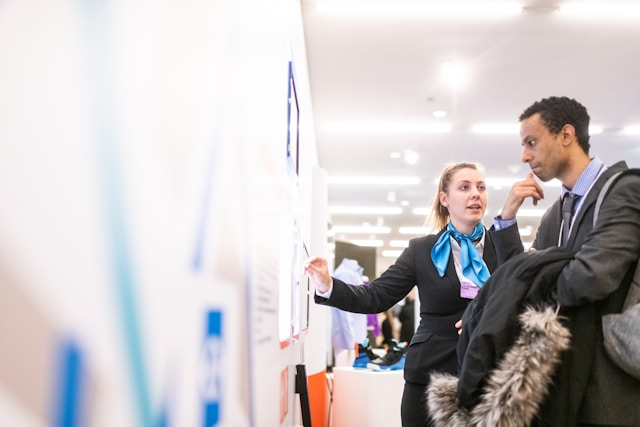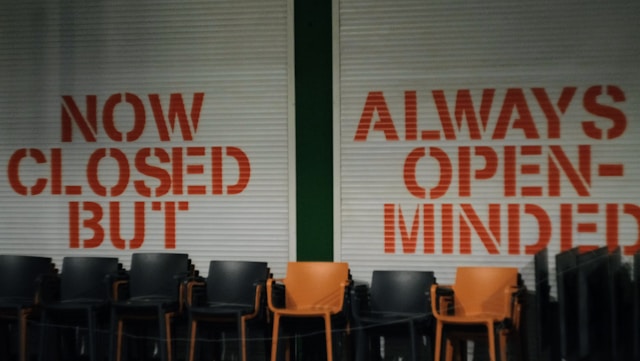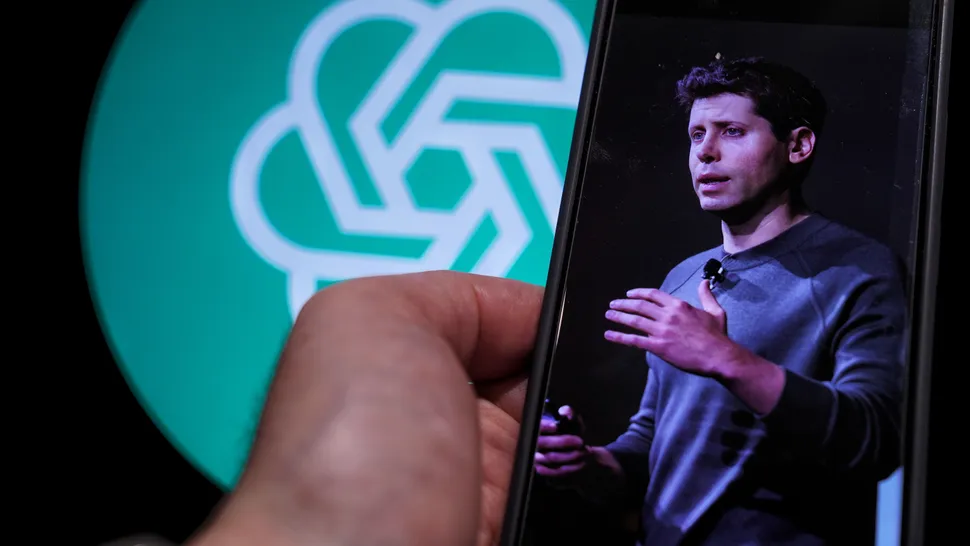素材記事: why_play_at_work_can_inspire_employees_to_take_risks
写真クレジット: Photo by Rais Hemri on Unsplash
This is the result of a rather interesting qualitative study. “Group-based play can increase psychological safety in diverse work teams.” One of the many benefits attributed when diversity and psychological safety are multiplied is the emergence of innovation.
In particular, management and psychological research have demonstrated in recent years that greater diversity almost MUST be present with psychological safety if we expect innovation to happen. That is the exact opposite of the “orders reaching down from above without a hitch” situation that we feel when everyone has the same values, the same expertise, and speaks the same language. Innovation wouldn’t be happening.
It is precisely because things don’t go smoothly that discussion and innovation occur. But at first we tend to think that communication is impeded by diversity. This myopic sense is a mistake to begin with.
What takes that away is a group-based exercise like the one described in this article. As one participant says, “I think this class has exercises that might seem weird or uncomfortable, but because they are so weird and uncomfortable, I am sort of like Everyone has to do it, so we are all weird together.” It is important to have a loose attitude of “Oh well!” It is important not to fall into perfectionism.
This reminds me of the style of innovators and people who are good at academic collaboration, who treat themselves and their colleagues as “weird” and create an atmosphere in which the members are not intimidated to be different.
“It’s not strange at all if you are a little bit strange. We are all weird. Welcome!” It’s a warm, relaxed atmosphere. Everyone is weird, so there’s nothing weird about it.
Many Japanese exam elites have difficulty in creating this mindset, so the time has come for organizational leaders to use such a work tweak to break down this formality. Nowadays a “manager” is rather a “facilitator” and a “coach”.
なかなか面白い質的研究の成果ですね。「group-based play can increase psychological safety in diverse work teams」で、多様性と心理的安全性が掛け算になった時、帰結する多くのメリットの一つは、イノベーションの創発です。
特に、多様性が大きいことはイノベーションの促進にほぼmustということが、経営学や心理学の研究で近年実証されています。確認するとそれは、全員の価値観が同じで、同じ専門性を持ち、同じ言語で喋っている時に感じる 「命令が上から引っかかりなく下に届く」という状況の真逆なのです。
スムーズにいかないからこそ、議論が起こりイノベーションが起こる。でも最初我々は、多様性のおかげで コミュニケーションが阻害されていると考えがち。その近視眼的なセンスがそもそもの間違いです。
そこを取り去るのが、この記事にあるようなグループベースのエクササイズです。参加者の一人が言うように、「I think this class has exercises that might seem weird or uncomfortable, but because they are so weird and uncomfortable, I am sort of like ‘eh whatever.’ Everyone has to do it, so we are all weird together.」という、良い意味での「まあいっか!」という緩い態度が大事。完璧主義に陥らなくなることが心底だいじ。
この辺り、イノベーション系の人や、学術コラボレーションが上手い人たちが、自分や自分の仲間たちのことを徹底的に「変態/weird」として扱い、メンバーに肩肘を張らせない空気を作るスタイルを連想させます。
「ちょっとぐらい変わってても、全然おかしくないよ。みんな変態なんでね。ようこそ!」というズッコケた暖かい空気です。みんな変なんで、変なことは何もない、ってことですよね。すると、リスクが取れる。
このマインドセットがなかなか作れない日本の受験 エリートは多いので、この辺りを砕くためのワークというのを、組織のリーダーたちが上手に使う時代に来ていますね。managerというよりは、facilitatorでcoachとしての管理職です。








